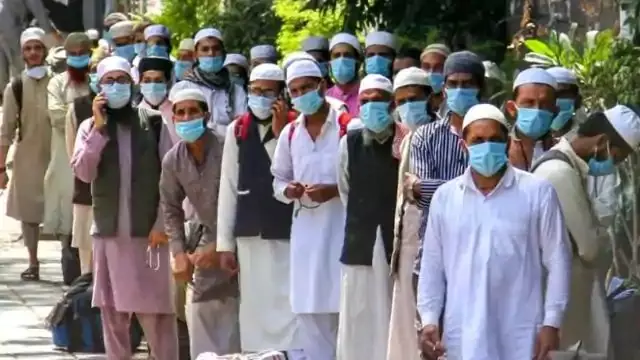Delhi High Court Allows Reopening Of Four Floors Of Masjid In Nizamuddin Markaz On Shab-e-Barat
Nupur Thapliyal
16 March 2022 6:06 PM IST

Next Story
16 March 2022 6:06 PM IST
The Delhi High Court on Wednesday allowed reopening of four floors, including Ground floor as well as three floors, of the masjid premises in Nizamuddin Markaz for offering of prayers on the festival of Shab e-Barat.Justice Manoj Kumar Ohri however removed the Delhi Police's restriction of only permitting 100 people inside Masjid to offer namaz by ordering that the management will ensure...
